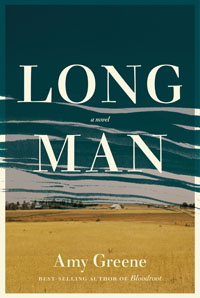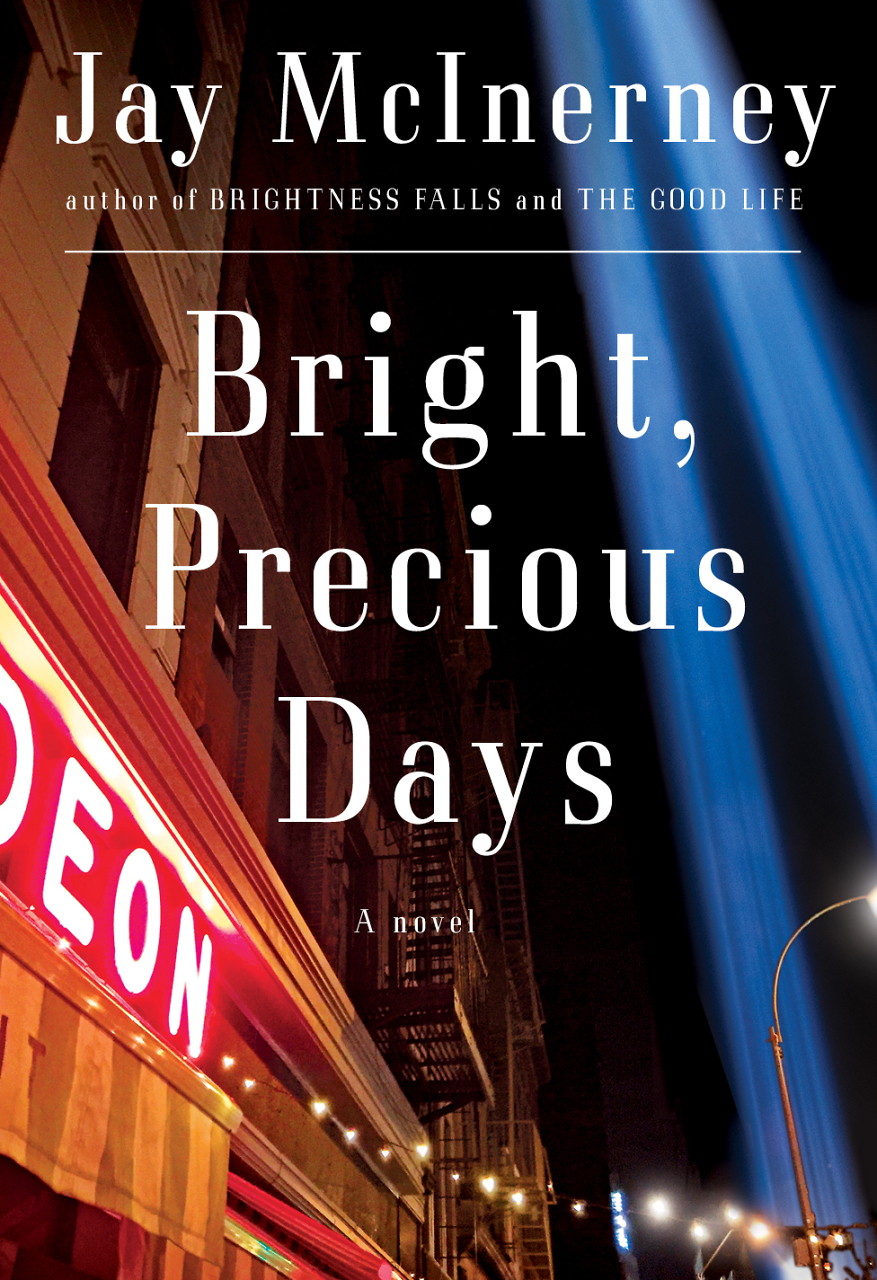Before the Water Came
Amy Greene’s new novel, Long Man, tells the story of a place lost to progress
Early in Amy Greene’s richly told second novel, Long Man, an outcast named Amos recalls how as a child he once put a clod of riverbank dirt in his mouth and let himself taste its mix of “lichen and peat moss and rain.” Swallowing the dirt seemed to do him no harm, but it occurs to him that “maybe his insides had formed around it,” making the land a part of his very being. Amos’s literal merging with the soil of Yuneetah, the rural Tennessee town where he was raised, is mirrored in the intense spiritual connection to the place that many of its inhabitants feel—a connection that is being brutally severed as the novel opens in the summer of 1936.
 Greene’s fictional Yuneetah, like many real rural communities in the 1930s and ’40s, has been marked for death by a TVA dam project that will put the town underwater. Most folks have sadly but willingly sold out to the government and left. Homes and businesses stand empty, and the rising water is already beginning to claim its dominion. But a few stubborn holdouts remain, the fiercest of whom is Annie Clyde Dodson, wife of James and mother of three-year-old Gracie. Annie Clyde knows her home is already as good as lost, but peaceful resignation is not in her nature. At one point, a TVA official asks if she wants little Gracie to see her mother hauled away in handcuffs. “That’s exactly what I want,” Annie Clyde says. “I want her to see it and never forget it.”
Greene’s fictional Yuneetah, like many real rural communities in the 1930s and ’40s, has been marked for death by a TVA dam project that will put the town underwater. Most folks have sadly but willingly sold out to the government and left. Homes and businesses stand empty, and the rising water is already beginning to claim its dominion. But a few stubborn holdouts remain, the fiercest of whom is Annie Clyde Dodson, wife of James and mother of three-year-old Gracie. Annie Clyde knows her home is already as good as lost, but peaceful resignation is not in her nature. At one point, a TVA official asks if she wants little Gracie to see her mother hauled away in handcuffs. “That’s exactly what I want,” Annie Clyde says. “I want her to see it and never forget it.”
Among the other diehards of Yuneetah are Silver Ledford, Annie Clyde’s aunt, who lives as a virtual recluse in a cabin above the projected water line, and Beulah Kesterson, an elderly midwife, healer, and seer, whose home will also be spared. Like Annie Clyde, these women feel inextricably bound to the land and the river (the “Long Man” of the title), and they would rather stay in the place they love than try to make a new life elsewhere, even at the price of loneliness and isolation. James Dodson, on the other hand, has long dreamed of escaping, and he’s hurt by his wife’s unwillingness to come along. Amos, a disliked and distrusted loner who is Beulah’s adopted son, has mysteriously chosen to come back to doomed Yuneetah after years of wandering. And Sheriff Ellard Moody, a gentle, disappointed man, simply wants to get the town cleared out so he can return to his own childhood home.
 Amos’s unwelcome return coincides with the sudden disappearance of little Gracie. With the TVA-imposed deadline for relocation just days away and the water steadily encroaching, a frantic search is begun for the girl, as well as for Amos, who is suspected of abducting her. As the crisis plays out, the complex web of feeling among the characters is revealed—a mix of desire, grief, unexpressed love, and longstanding resentment, all set against a collective grief created by the looming manmade apocalypse.
Amos’s unwelcome return coincides with the sudden disappearance of little Gracie. With the TVA-imposed deadline for relocation just days away and the water steadily encroaching, a frantic search is begun for the girl, as well as for Amos, who is suspected of abducting her. As the crisis plays out, the complex web of feeling among the characters is revealed—a mix of desire, grief, unexpressed love, and longstanding resentment, all set against a collective grief created by the looming manmade apocalypse.
The story is genuinely thrilling, full of tension and unexpected turns, but the true power of Long Man lies in Greene’s striking depictions of people and place. The characters—old wisewoman, grotesque outcast, strong-willed farm wife, kindly sheriff—are types familiar from countless stories of the rural South, but in Greene’s hands they become passionate, vulnerable human beings buffeted by powers they can’t hope to oppose, much less defeat. Greene’s gift for conveying a sense of the living environment these people inhabit—an environment that has utterly shaped them and that is soon to be erased forever—gives the story vibrant life. There’s nothing abstract about the grief here. The characters are mourning the flesh and blood of their mother ground: “But this season the stinkbugs and crickets wouldn’t come into the houses for warmth. No leaves would blow down the road on the fall winds, no apples would harden under the frost. Pawpaws would go to ruin at the bottom of the lake with nobody around to taste the sweet mash of their middles.”
Long Man is ultimately a story about the powerful robbing the powerless of something precious, but Greene’s approach is not sentimental. Although the novel’s sympathy clearly lies with the passionate resistance of Annie Clyde, the TVA bureaucracy is not all bad; and Amos, the feral child of Yuneetah, dedicated to individual freedom and natural instinct, is a morally ambiguous character, to put it mildly. The novel grapples with real questions about our relationship to nature and the price of progress, even as it delivers a story as touching and timeless as a folk tale.
[This review appeared originally on February 20, 2014.]

Maria Browning is a fifth-generation Tennessean who grew up in Erin and Nashville. A graduate of Mount Holyoke College, she has attended the Clothesline School of Writing in Chicago, the Moss Workshop with Richard Bausch at the University of Memphis, and the Sewanee Writers’ Conference. She lives in White Bluff.


